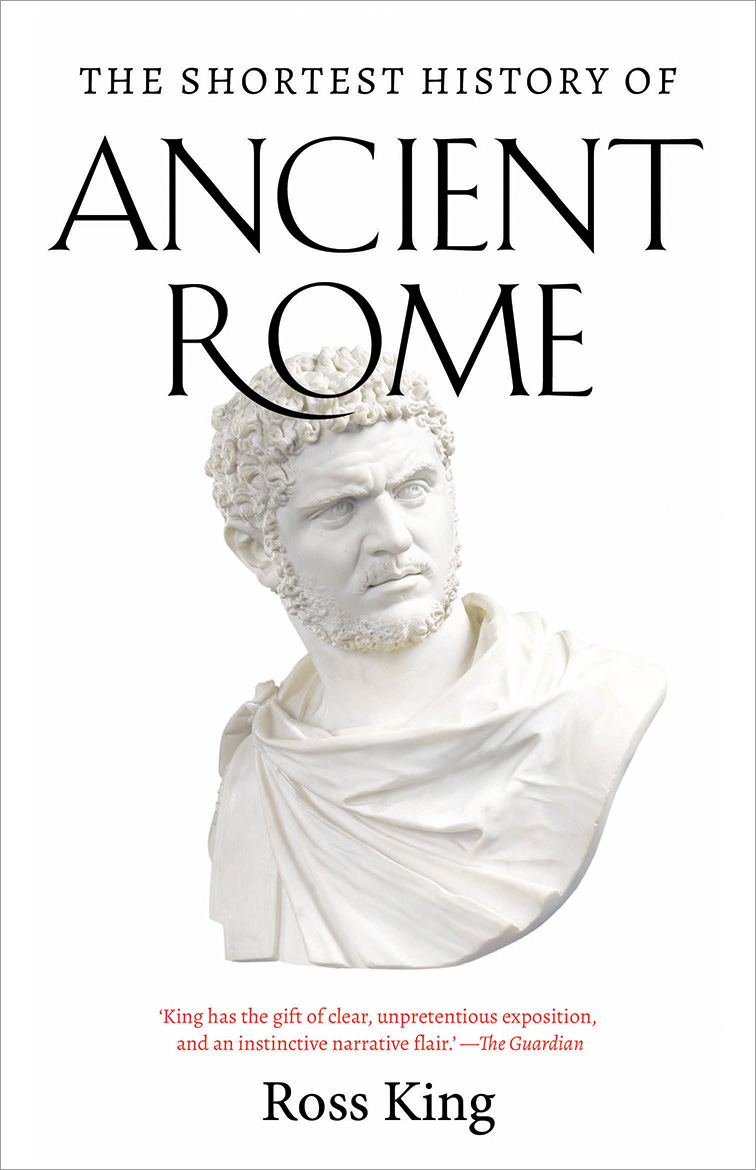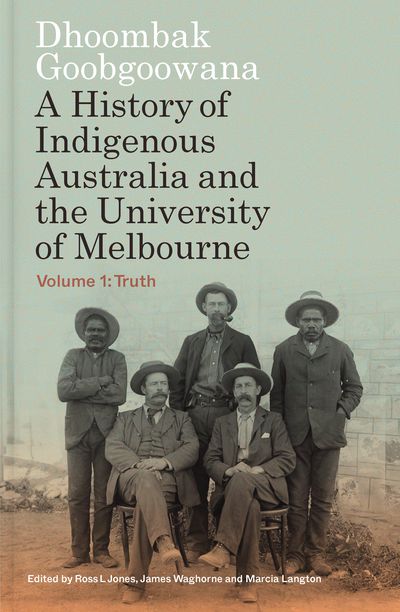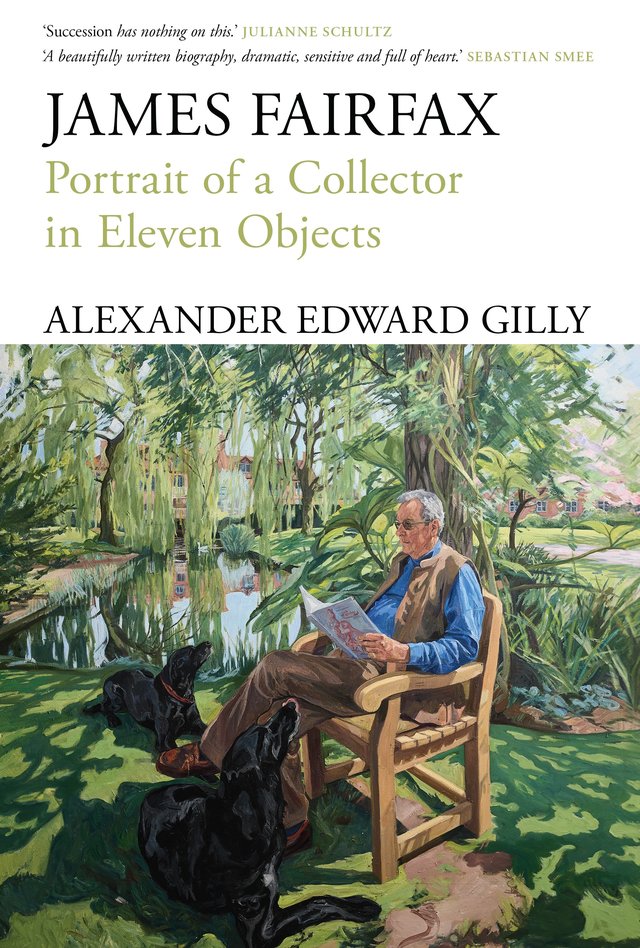Postcolonial Heritage and Settler Well-Being: The historical fictions of Roger Mcdonald
Cambria Press, $134.99 hb, 246 pp, 9781604979497
Postcolonial Heritage and Settler Well-Being: The historical fictions of Roger Mcdonald by Christopher Lee
Though he had already produced two volumes of poetry, Roger McDonald first came to popular attention with his spectacular début novel, 1915, published in 1979. A recreation of the Gallipoli Campaign from the points of view of two temperamentally different boyhood friends (thus anticipating Peter Weir’s movie Gallipoli, which appeared in 1981), 1915 stood out from the ruck of Australian World War I retrospective fiction. It still does. Meticulously researched, it provides a plausible historical reconstruction of a lost world, and an arresting account of the perils and stresses of life in the ‘whirlpool of venomous geography’ around Anzac Cove.
1915 was more than yet another deferential historical novel about Australians at war. By fusing domestic with military brutality, it penetrated the complacent face of the heroic Australian war legend. Country-born Billy Mackenzie starts out as the stereotypical Digger, one of the boys. Attractively cocky and truculent, he is said to be ‘made’ for war; at Gallipoli he becomes a sinister, psychopathic, and solitary sniper nicknamed ‘the Murderer’. But his Gallipoli self was there in the making, in killing kangaroos for pleasure and sexual violence at home before the war. Men like Billy Mackenzie, McDonald writes towards the end of the novel, carry war within them and seem compelled ‘to obey its simple imperative’. This is a disturbing take on C.E.W. Bean’s notion that the bush-bred Australians of the First AIF were ready-made for the battlefield.
Continue reading for only $10 per month. Subscribe and gain full access to Australian Book Review. Already a subscriber? Sign in. If you need assistance, feel free to contact us.










Leave a comment
If you are an ABR subscriber, you will need to sign in to post a comment.
If you have forgotten your sign in details, or if you receive an error message when trying to submit your comment, please email your comment (and the name of the article to which it relates) to ABR Comments. We will review your comment and, subject to approval, we will post it under your name.
Please note that all comments must be approved by ABR and comply with our Terms & Conditions.